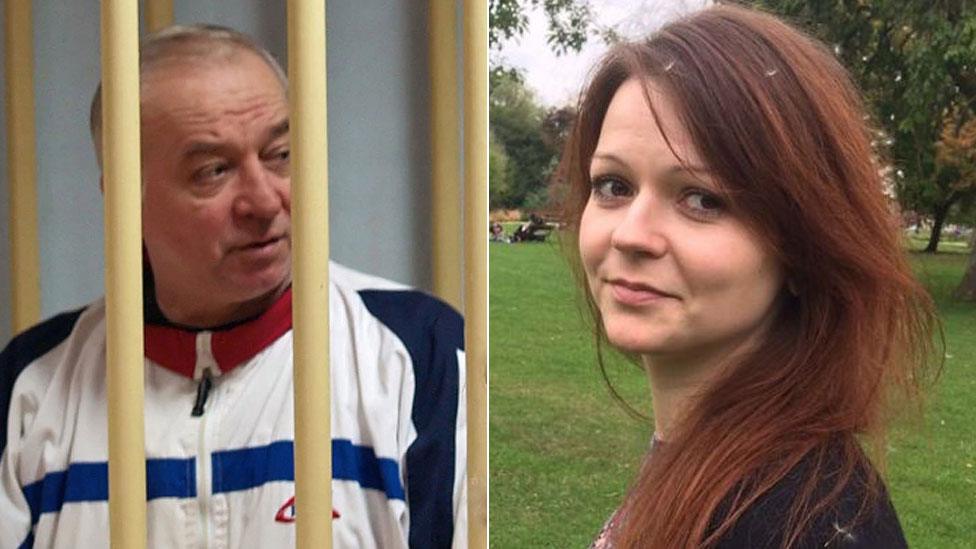Novichok investigation 'very unusual' - pathologist
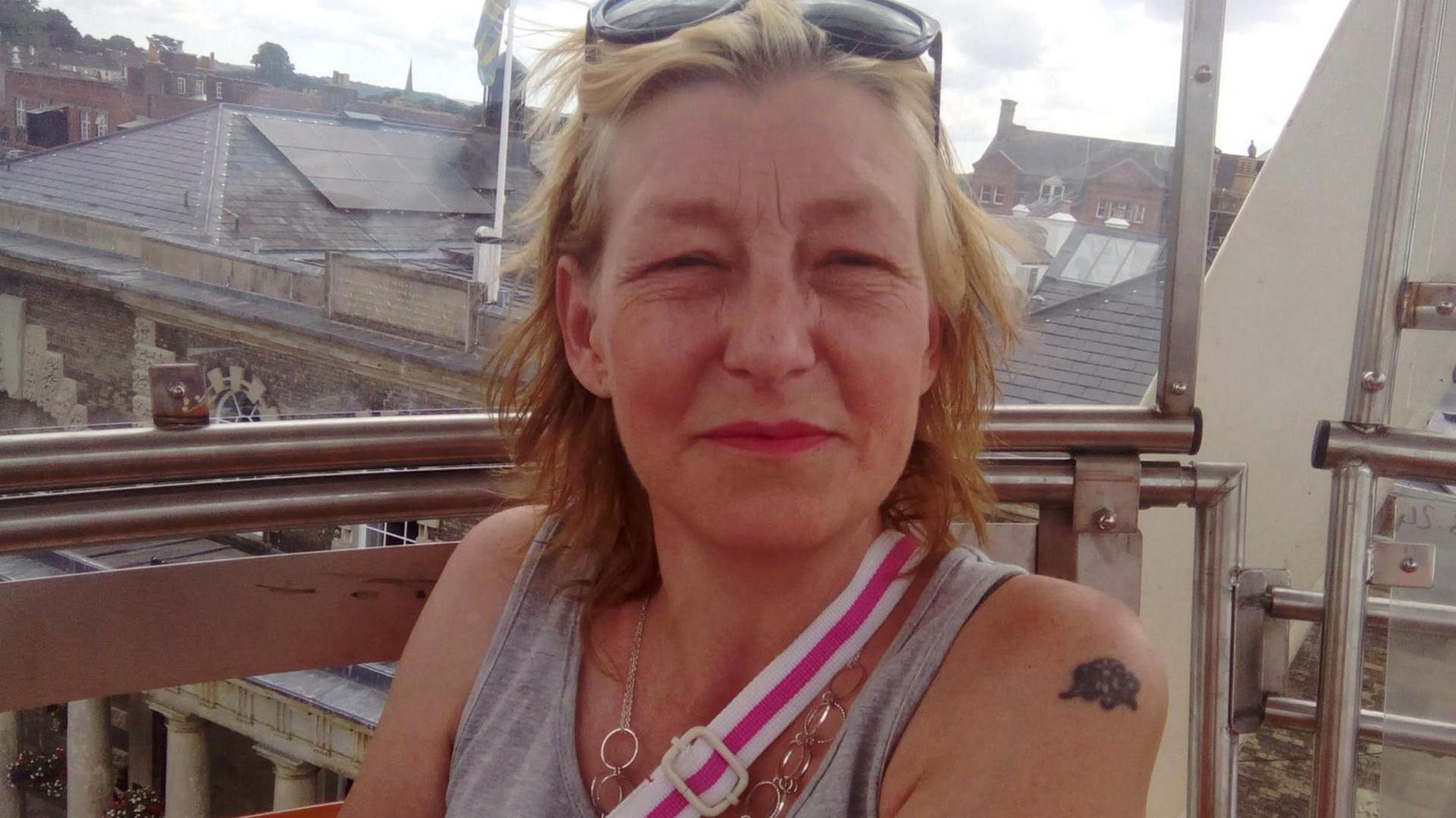
Dawn Sturgess died after being exposed to Novichok in July 2018
- Published
A forensic pathologist has told an inquiry how he was watched by defence and Army officials as he examined Novichok victim Dawn Sturgess.
Giving evidence at the hearing in central London, Prof Guy Rutty confirmed he had "no other reason" than the nerve agent to explain Ms Sturgess' death.
He told the inquiry panel that he had carried out the examination in full protective gear due to the risk of being exposed to the substance himself.
Describing the situation as "very unusual", Prof Rutty added that he had written two separate reports as the coroner did not have the security clearance to read the full details.
Prof Rutty told the inquiry that he was as confident as he could be that Ms Sturgess' death had been caused by exposure to Novichok, adding that she had suffered a "death of the brain" after her heart stopped.
"I am not aware that there is any indication to suggest that the deceased's collapse was a direct result of the action of either a therapeutic or illicit drug," he added.
The panel heard that 36 samples had been taken from Ms Sturgess' body in order to allow pathologists to investigate further.
Asked why so many samples were taken, Prof Rutty said: "Exposing ourselves to an agent that could kill us, we decided to ensure that we only did this once."
Mark Faulkner, an expert in pre-hospital care, gave evidence on Tuesday about the response of paramedics to Yulia and Sergei Skripal in Salisbury in March 2018, as well as Ms Sturgess and her partner Charlie Rowley in Amesbury in June 2018.
He said he had "no criticism" of paramedics attending to Mr and Ms Skripal, explaining there was no realistic prospect at the time of them realising it was a nerve agent instead of a drug overdose.
Mr Faulkner also said there was no criticism of ambulance clinicians initially treating Ms Sturgess as a patient who had suffered a cardiac arrest linked to opioid use, adding it would have been "incredibly challenging" to diagnose organophosphate - the group of chemicals including nerve agents like Novichok - involvement at that point.
"I asked 20 colleagues with combined experience of 254 years and none had ever seen an organophosphate case," Mr Faulkner said.
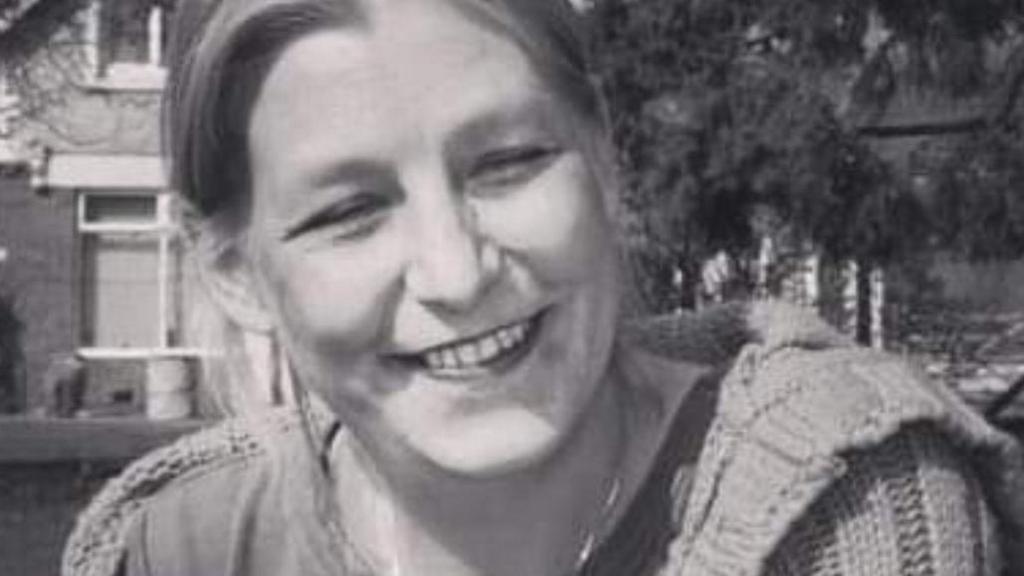
Ms Sturgess inadvertantly came into contact with the Novichok nerve agent
Ms Sturgess fell ill on 30 June 2018, with paramedics returning to the same address later that afternoon to treat Mr Rowley.
The inquiry has previously heard how paramedics attending to Mr Rowley had recognised his symptoms as possible nerve agent poisoning, but police had disagreed, citing his background as a known drug user.
Mr Faulkner praised the paramedics for their approach, telling the inquiry: "I think it would have been all to easy for those paramedics to revert to what the police were telling them, lose confidence in their clinical convictions and go ‘well this is probably just an opioid overdose, the police have got intelligence on this’.
"These are clinicians who I cannot commend highly enough, so despite having counter views put to them, continued with a course of treatment that ultimately was correct.”
'Seen a unicorn'
His comments came after evidence given on Monday by intensive care consultant Dr Stephen Jukes about the care Ms Sturgess received in hospital.
Asked whether, in hindsight, the signs of nerve agent poisoning could have been spotted sooner, Dr Jukes said: "It is a phrase we sometimes say about finding hoof prints on a beach, you should think of horses not zebras.
"And we had already seen what we jokingly called a unicorn in Salisbury, something unbelievable.
"The chance of it happening again was very remote but it wasn’t something that we would completely ignore, but at that time I was trying to look at this in a very open way and not trying to immediately look into clouds and see faces, just because I had been involved with the Skripals."
The inquiry continues.

BBC Sounds: Salisbury Poisonings
Keep up to date with the latest from the inquiry with our podcast.
Listen to the episode on BBC Sounds.

Follow BBC Wiltshire on Facebook, external, X, external and Instagram, external. Send your story ideas to us on email or via WhatsApp on 0800 313 4630.
- Published11 October 2024
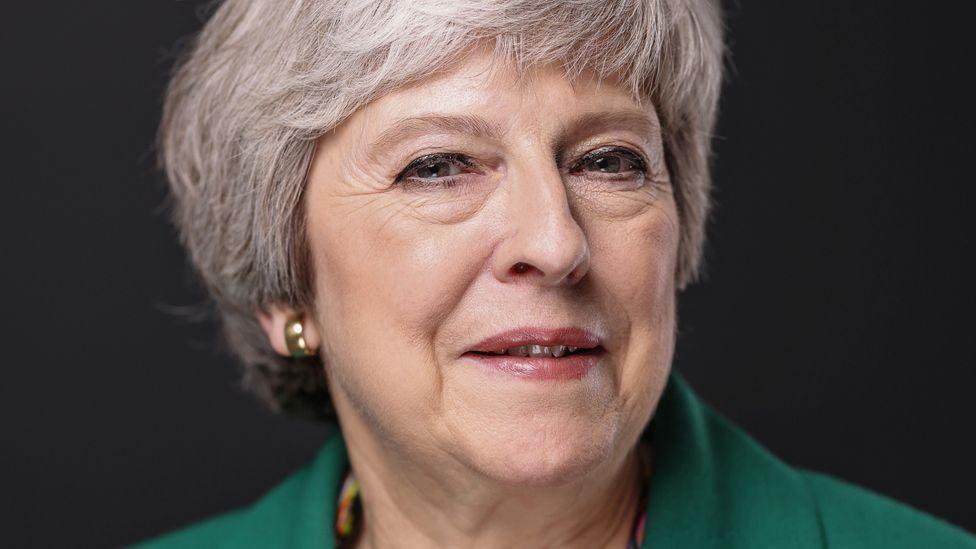
- Published30 July 2018
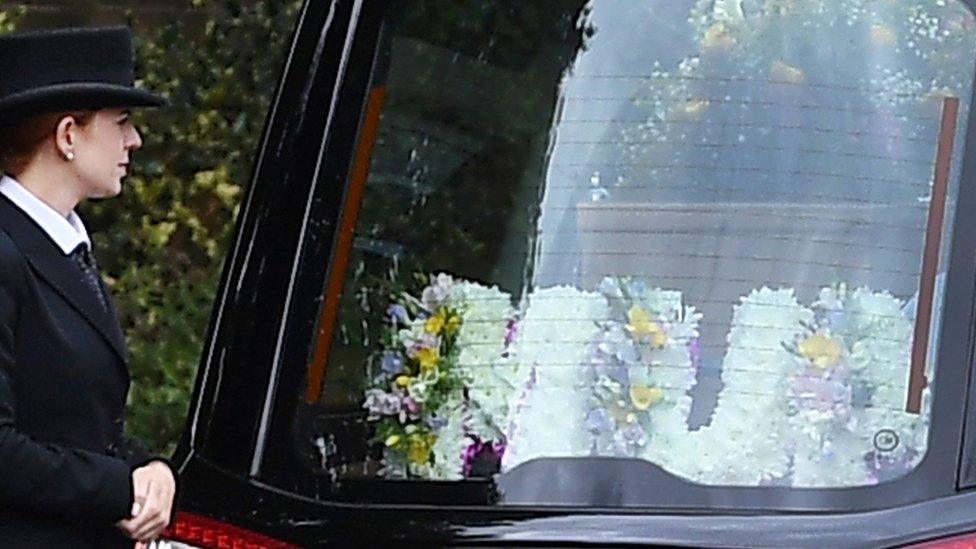
- Published4 March 2020
